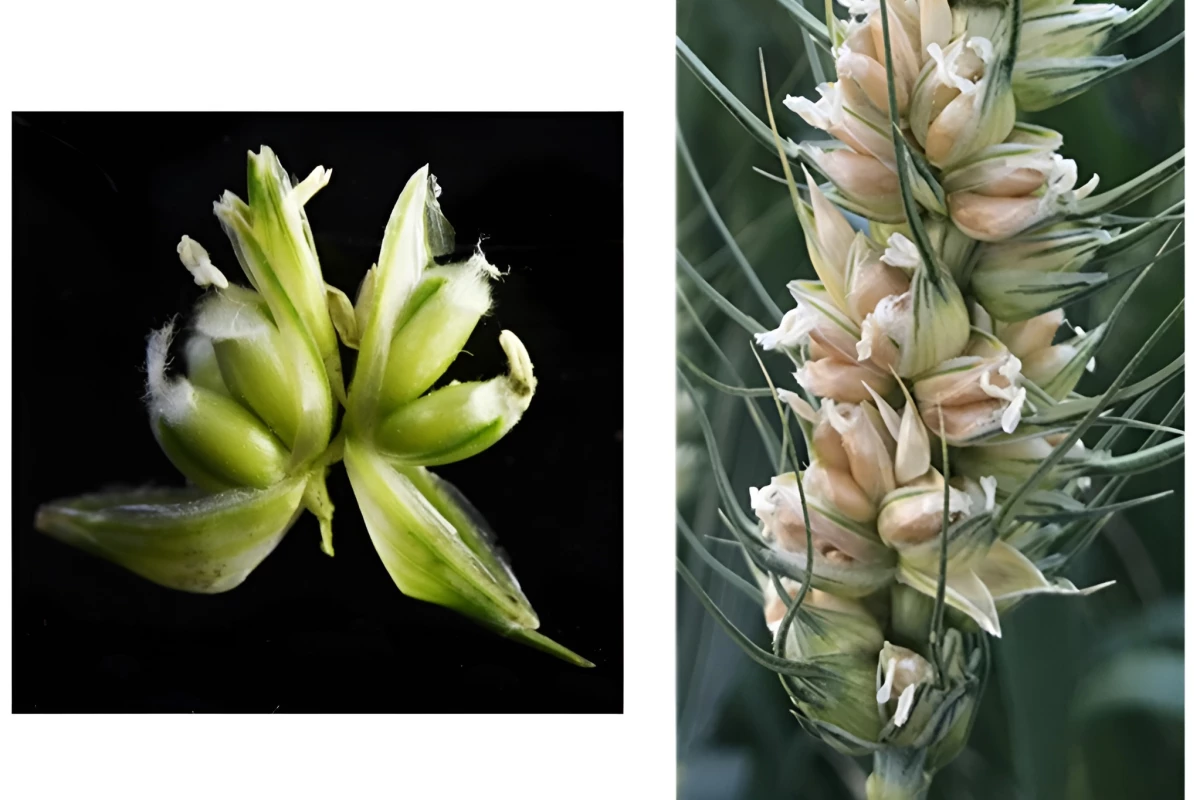Scientists at the University of Maryland have made a significant genetic discovery that could potentially triple grain yields from wheat crops. This breakthrough centers around a mutant variety of wheat known as MOV (multi-ovary) wheat, which has the ability to produce up to three grains per floret, as opposed to the single grain typically produced by ordinary wheat plants.
The research team thoroughly mapped the DNA of MOV wheat, comparing it to that of conventional bread wheat. In their investigation, they identified a previously dormant gene, known as WUSCHEL-D1 (WUS-D1), that is activated in MOV wheat. This gene enhances the development of female flower parts, including pistils and ovaries, thereby increasing the potential grain output.
Understanding the Genetic Mechanism
Up until this point, the underlying genetic mechanism responsible for the multi-ovary trait was unclear. The researchers’ findings indicate that activating the WUS-D1 gene in cultivated wheat could lead to an increase in grain production. According to Associate Professor Vijay Tiwari, a co-author of the study, “Pinpointing the genetic basis of this trait offers a path for breeders to incorporate it into new wheat varieties, potentially increasing the number of grains per spike and overall yield.”
This discovery holds promising implications for global food security, particularly in regions where wheat is a staple crop. The ability to increase yields without requiring additional land, water, or fertilizer could significantly benefit farmers facing challenges related to climate change and population growth.
Future Applications of Gene Editing
The research, published in the Proceedings of the National Academy of Sciences, suggests that employing cutting-edge gene editing techniques may enable scientists to further enhance this trait in wheat crops. As the global demand for food continues to rise, innovations like this could play a crucial role in ensuring sufficient grain supplies.
The implications of this genetic breakthrough extend beyond agricultural science; it also presents opportunities for economic growth in the agricultural sector. Higher yields could lead to increased profitability for farmers and greater food availability for populations worldwide.
Overall, the work conducted by the University of Maryland researchers represents a vital step forward in agricultural biotechnology, with the potential to reshape how we approach food production in an increasingly challenging global environment.
